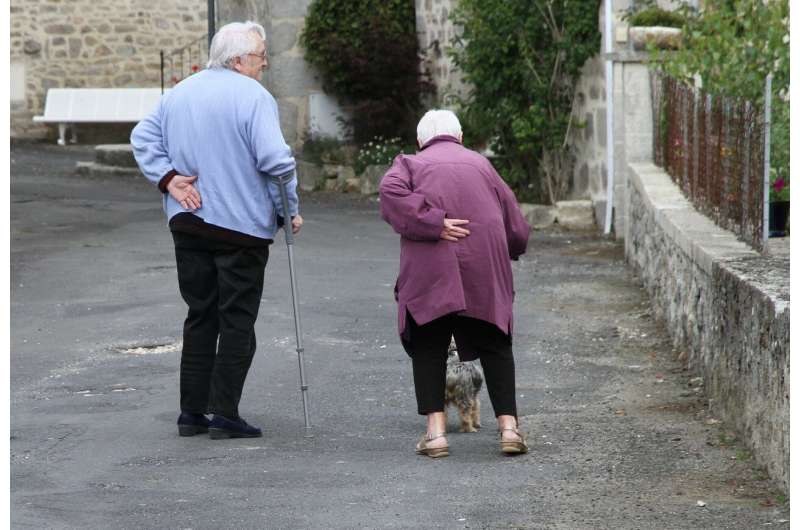
Proposed changes to UK law risk substantially increasing financial abuse of older people, warn experts in The BMJ today.
Plans by the Law Commission and the Ministry of Justice to modernize marriage law and Lasting Powers of Attorney aim to make procedures simpler and easier and both include limited safeguards, write Professor Carolyn Stephens and colleagues in an editorial.
But lawyers and experts argue that, in their current form, these are unlikely to prevent vulnerable individuals, particularly older people with failing capacity, being coerced into either marriage or powers of attorney.
Globally, one in six older people (defined as aged 60 and older) face abuse, particularly those with dementia, the authors explain.
Physical abuse includes violence, but psychological and financial abuse is recorded as the most common form of harm, including manipulation of older people to obtain assets through marriage, wills, and abuse of lasting powers of attorney.
Yet they argue that controlling and coercive behavior by perpetrators, and social isolation of victims, makes elder abuse difficult to detect or tackle.
Indeed, a recent House of Lords report described abuse of older people, particularly those with dementia, as “complex, poorly measured, and hidden,” while the UK General Medical Council recommends that health professionals should be familiar with different types of abuse in order to identify patients at risk, noting that many abuses are now criminal offenses.
Stephens and colleagues acknowledge that new domestic abuse crimes have been introduced into UK law, but say a lack of basic data on the scale of elder abuse and little evidence to quantify action taken by responsible authorities means we do not yet know whether these changes have led to more action against abuse.
For example, they note that the Crime Survey for England and Wales excluded respondents older than 59 until 2017 (the survey still excludes adults older than 74) and does not survey group residences, excluding elderly people in care homes.
And they point to data showing that the vast majority of domestic abuse cases, including forced marriage and potential abuse of power of attorney, ended in no action.
They believe that healthcare professionals have a vital role in protecting vulnerable older people from abuse and they call for urgent guidance along with more training and support in how to detect, record, and report suspected abuse, so appropriate action can be taken.
This view is supported by Caroline Abrahams, charity director at Age UK in a linked opinion article.
She explains that substantial numbers of older people experience financial, emotional, and physical abuse, yet older people have been largely absent from official domestic abuse statistics.
Age UK has successfully campaigned to change this, which Abrahams says “should shed some light on levels of domestic abuse in older adults—a hidden and rarely talked about issue—and stimulate new forms of support.”
She also points out that domestic abuse does not only occur between older partners, but between older people and their adult children, and others close to them too, and suggests that health professionals who work with older people are well placed to spot situations in which an older person may be at risk of or experiencing abuse.
She acknowledges the challenges involved, but says the safeguarding training and awareness raising that health professionals receive must now not only include identifying domestic abuse alongside other forms of abuse, but how this is experienced by older people, and how to deal with concerns.
Source: Read Full Article